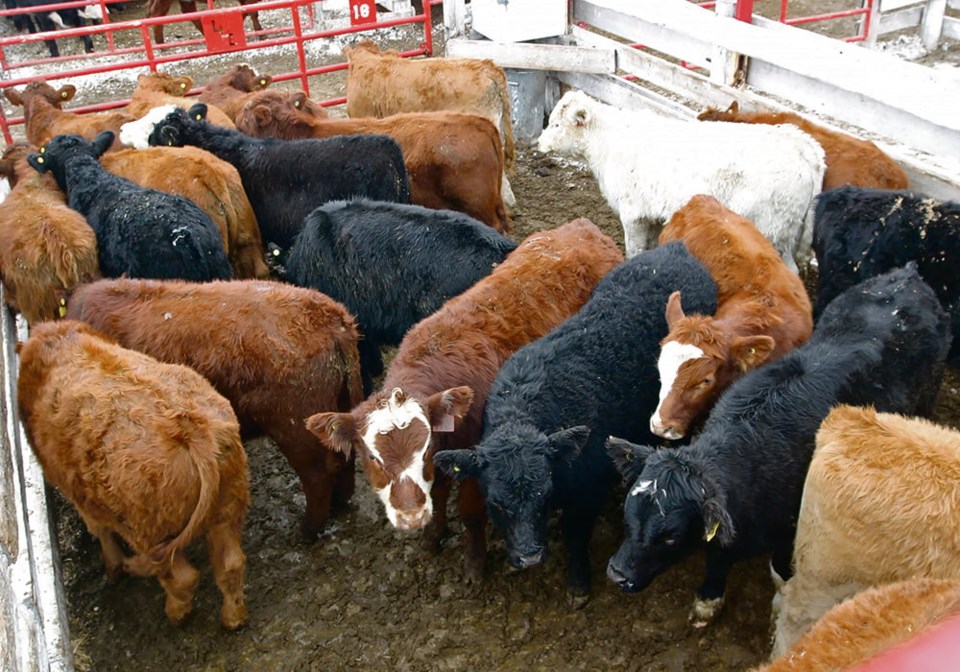WESTERN PRODUCER — Â鶹´«Ã½AV Korea is the most important market for American beef.
In 2022, the U.S. exported US$2.7 billion worth of beef to Korea, according to data from the U.S. Meat Export Federation. That figure was $2.1 billion in 2023.
In both years, U.S. exports to Â鶹´«Ã½AV Korea exceeded American beef sales to Japan.
Canada has captured a tiny share of Korea’s beef imports, valued at US$4.5 billion in 2022.
“U.S. beef accounted for 55.3 percent of Â鶹´«Ã½AV Korea’s total imports of the meat last year (2022), followed by Australian beef with 34 percent and beef from New Zealand with 4.8 percent and from Canada with 4.1 percent,” said Yonhap, a Korean news service, in 2023.
Canada has had a free trade agreement with Â鶹´«Ã½AV Korea since 2015 and so do Australia and America.
But Â鶹´«Ã½AV Korea imposes a 16 percent tariff on Canadian beef, much higher than the eight percent tariff on U.S. beef, said Dennis Laycraft, executive vice-president of the Canadian Cattle Association.
“The main reason we’re behind (in Â鶹´«Ã½AV Korea) is because of that tariff disadvantage.”
Data from Meat and Livestock Australia indicates that Â鶹´«Ã½AV Korean tariffs on Aussie beef are scheduled to drop to 10.6 percent in 2024 and tariffs on American beef will sink to 5.3 percent before being eliminated in 2026.
The CCA hopes the federal government can negotiate with Â鶹´«Ã½AV Korea to accelerate elimination of tariffs on Canadian beef. Right now, they’re scheduled to disappear in 2030.
This spring, representatives of Canada’s beef sector traveled to Â鶹´«Ã½AV Korea as part of a trade mission with federal export and trade minister Mary Ng.
“We are working with our federal government to reduce Canadian tariff rates (in Â鶹´«Ã½AV Korea) … This will level the playing field with our (U.S.) neighbours and open markets,” said CCA president Nathan Phinney.
Canada’s challenges with beef are representative of larger issues in the Korean market, which is a major importer of agri-food and seafood.
Data from Agriculture Canada shows that:
In 2022, Korea imported US$46.8 billion worth of agri-food products and seafood;
The U.S. is the largest player in Korea, supplying $10.6 billion worth of agri-food and seafood;
Canada is the ninth largest supplier, with a 2.5 percent share of the market, well behind Australia’s 8.4 percent; and
In 2022, Canada exported US$1.2 billion worth of agricultural goods to Â鶹´«Ã½AV Korea, mostly canola oil, wheat, pork and beef.
Canada has a significant trade deficit with Korea. In 2022, it exported $8.7 billion in merchandise to Â鶹´«Ã½AV Korea and imported $13.2 billion worth. Canada’s largest exports were mineral fuels and oils, mineral ores, pulp and paper and meat products.
Most imports from Korea were manufactured goods, including cars, motor vehicle parts and industrial machinery.




